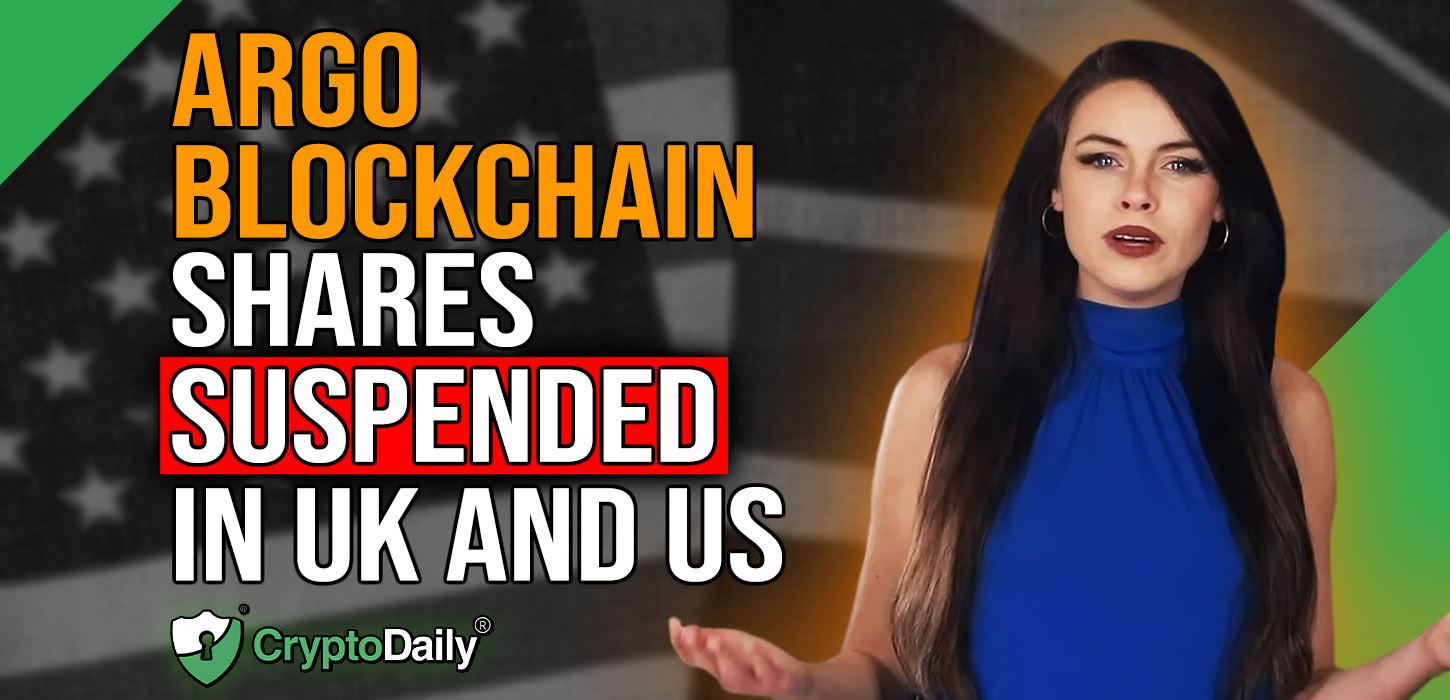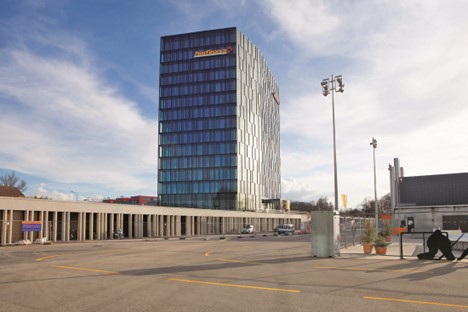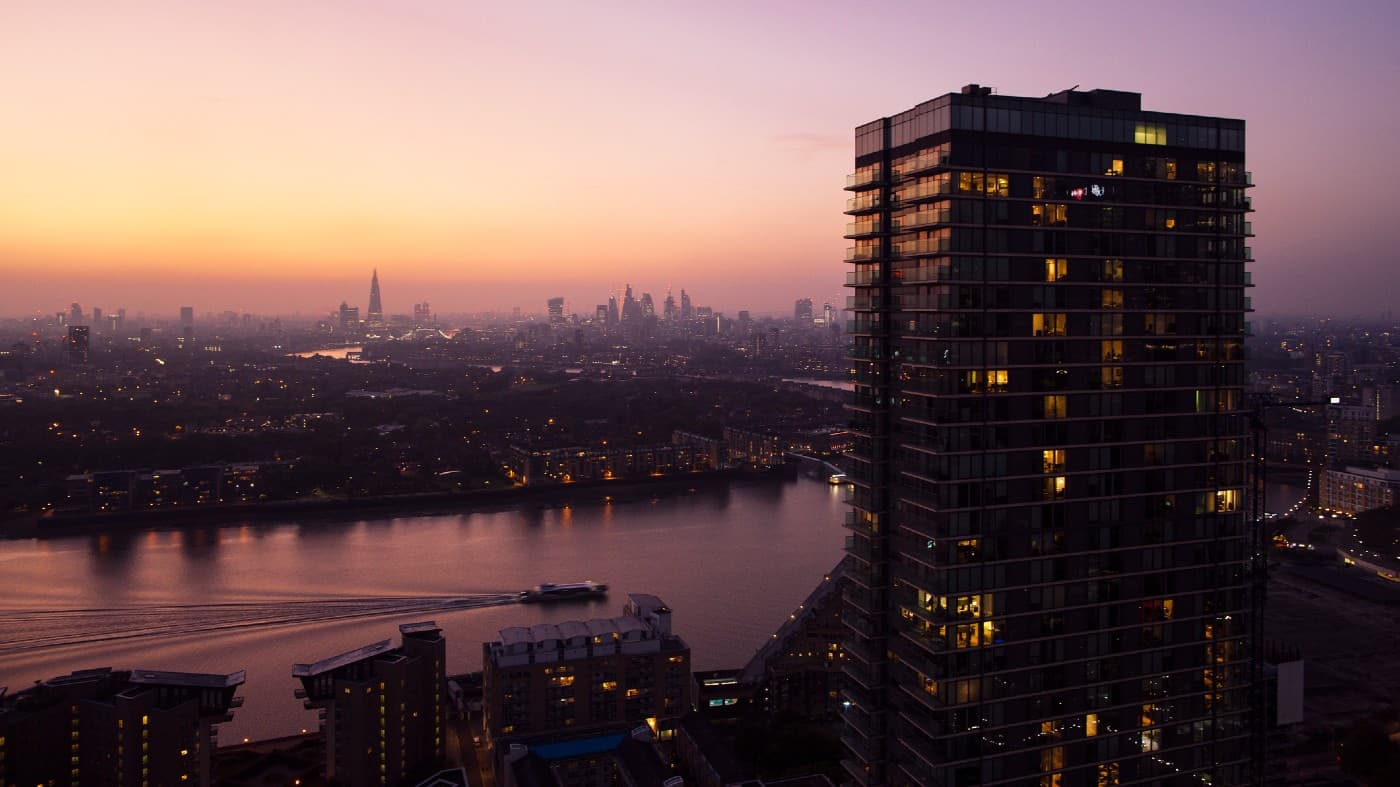The UK economy rebounded by more than expected in October, amid a resurgence in car sales and construction, but the broader trend was of falling output and a likely prolonged recession.
Gross domestic product grew 0.5 per cent between September and October, according to data published on Monday by the Office for National Statistics. That was higher than the 0.4 per cent expansion forecast by economists polled by Reuters, and partly reflected how output in September was hit by an extra bank holiday for Queen Elizabeth’s state funeral.
However, in the three months to October, GDP shrank by 0.3 per cent compared with the previous three months — the largest decline since the first quarter of 2021, when much of the country was in coronavirus lockdown.
Even if GDP was boosted in October by September’s extra bank holiday, “the surprisingly strong rise [in output] could tilt the Bank of England towards another bumper 75 [basis point] interest rate hike on 15th December, rather than 50 [basis points]”, said Ruth Gregory, economist at Capital Economics.
The BoE Monetary Policy Committee has its latest meeting to set interest rates on Thursday.
GDP in October was lower than in the recent peak month of May and only 0.4 per cent above its February 2020 level, immediately before the pandemic, reflecting the negative impact of surging energy and food prices on the economy.
Chancellor Jeremy Hunt said: “While today’s figures show some growth, I want to be honest that there is a tough road ahead. Like the rest of Europe, we are not immune from the aftershocks of Covid-19, Putin’s war and high global gas prices.”
Darren Morgan, ONS director of economic statistics, said car sales rebounded in October, while construction also had a strong month, helped by new housebuilding.
He added the health sector was boosted by Britons making doctor appointments, admissions to accident and emergency at hospitals, and the Covid-19 autumn booster vaccination campaign.
But consumer-facing sectors, such as retail and hospitality, continued to struggle. Despite recording 1.2 per cent growth in output in October, GDP for these industries was 8.9 per cent below February 2020 levels.
Last month, the Office for Budget Responsibility, the UK fiscal watchdog, forecast the economy would be in recession from the third quarter of 2022 for more than one year as high inflation and rising interest rates squeezed household incomes.
The Bank of England last month predicted a recession of up to two years, although in one scenario it would last five consecutive quarters.
David Bharier, head of research at the British Chambers of Commerce, a business lobby group, said he expected the UK economy to be in recession for five consecutive quarters despite October’s rebound.
“Business confidence has been falling dramatically as firms face into a wall of higher prices and energy bills, increased taxation, and rising borrowing costs,” he added.
Yael Selfin, chief economist at KPMG, said that “stretched household incomes could see sustained falls in consumer spending over the coming year”. She expects GDP to fall in the final two months of the year.
ONS data also showed the UK trade deficit widened to £23.9bn in the three months to October — a near-record high.
Phil Monkhouse, head of sales at global financial services firm Ebury, said the deficit pointed to the UK’s “anaemic global trade competitiveness in goods and manufacturing”.
Credit: Source link














